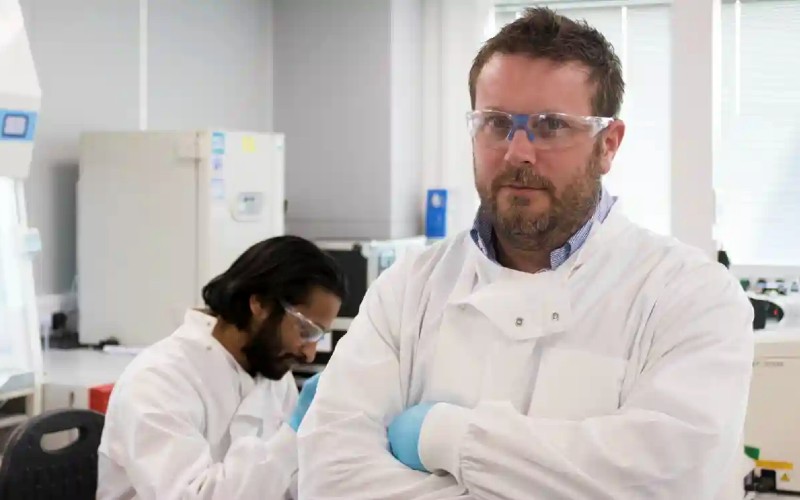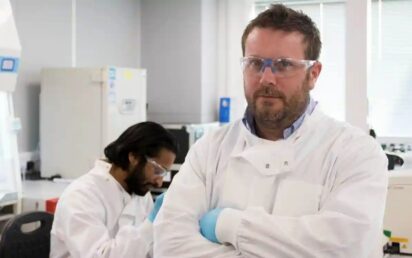The founder of Aptamer Group plc has returned to the company’s board after the struggling firm, which plans to further reduce its cost base, secured funding.
The AIM-listed MedTech company, headquartered in York, is the developer of synthetic antibodies to enable innovation in the life sciences industry. It claims to have historically provided its aptamer solutions to 15 of the top 20 pharmaceutical companies in the world, as well as many smaller life sciences companies.
In May Aptamer warned that its full-year revenues would be materially lower than expected, with £1.4 million sales for the 10 months ended April 30th 2023. Dr Arron Tolley, who has held CEO roles at Aptamer since 2008 and led the group since 2014, subsequently left the business, with chairman Dr Ian Gilham assuming the role of interim executive chair and CFO Dr Rob Quinn becoming interim CEO.
The company has now secured conditional fundraising of £3.6m, based on an offer price of 1p per share – a 79% discount to its closing price of 4.75p on Friday – and terminated a formal sale process.
Dr Tolley, who will be on ‘substantially reduced pay’, has been appointed as chief technical officer. Dr Gilham and Dr Quinn – along with non-executive directors Dr John Richards and Angela Hildreth – have resigned and agreed to forego payment in lieu of notice.
Conditional upon completion of the fundraising, Steve Hull – who chaired Aptamer Group until its IPO in December 2021 – will be appointed as executive chairman. The company said it intends to appoint a CEO “when appropriate to do so”.
Dr David Bunka will remain as a director and become chief scientific officer, on substantially reduced pay, while Dean Fielding and Dr Adam Hargreaves will be appointed as independent NEDs.
Aptamer intends to put in place new share option schemes and to award share options to retain and incentivise the directors and its employees, based on meeting performance targets.
The restructure involves targeting fee-for-service revenues for contract research as it holds “minimal expectation for licensing revenues”. Higher-risk development work will be funded via grants and collaborations to minimise the impact on working capital requirements.
Budgeted costs for premises, overheads and development, directors and staff are targeted to be reduced from approximately £6.4m in the year ended 30th June 2023 to approximately £3.5m for the current financial year.
“This reset of the cost base is expected to be completed by the end of September 2023 with a reduction in operational headcount to the level required to meet forecasted revenues over the next several years,” Aptamer stated.
The company hopes the focus on cost control will enable it to reach an EBITDA and cash break-even position within two years.
It said it has already signed four contracts with a combined value of up to £507,000 for the current financial year – subject to ongoing commercial and scientific attrition – which form part of a current rolling pipeline of £2.2m across 30 discrete projects.


